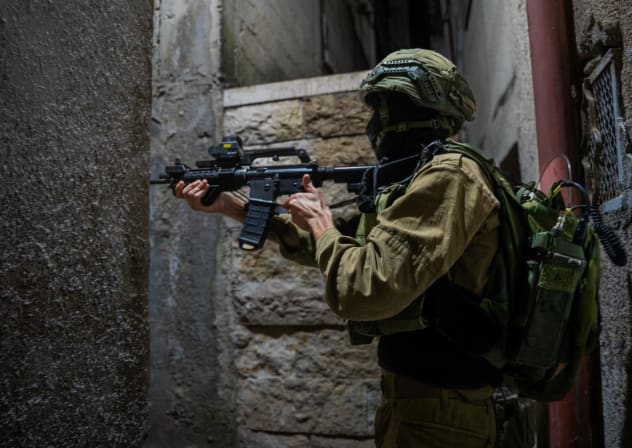Israeli, Greek, Cypriot, US gov't officials gather in Knesset as Turkish threat rises
The meeting, held in cooperation with the Middle East Forum, discussed several regional developments and urged greater cooperation against the Turkish threat.

The meeting, held in cooperation with the Middle East Forum, discussed several regional developments and urged greater cooperation against the Turkish threat.




A series of rules required extra approvals from the IDF legal division, the Civil Administration, the Palestinian Authority, and others for purchasing or building on land in Judea and Samaria.

"Raping, murdering, smashing heads, desecrating bodies, burning babies, kidnapping civilians, and torturing them 24/7, is that not a violation of the international convention?" said Cohen.

Additionally, the IDF confirmed it killed Basel Himoni in Gaza, a Hamas terrorist who masterminded a deadly 2004 terror attack.

"This is an important volunteering effort that will enable us to strengthen the rapid and professional medical response to the community in Jerusalem and its surroundings," Eli Bin said.

Additionally, an N12 report indicated that, alongside his invitation to attend the ceremony, Trump has been invited to light a torch at the 78th Independence Day ceremony.

The operation, which targeted the employment of individuals entering Israel without valid permits, involved inspections of more than 120 businesses.

Some reports indicated that officials ultimately chose not to block Carlson to avoid harming Israel’s public diplomacy and to prevent a “diplomatic incident.”

According to the IDF, the suspect has been transfered to security forces for further processing and investigation.

Located next to the Great Shape Country Club, the new complex positions Nesher at the forefront of Israel’s padel boom, bringing the internationally popular sport north for the first time.

Among the bereaved family members chosen for the party’s leadership was Sandra Alon, mother of Sgt. Tomer Keren, who was killed in combat while serving during the Israel-Hamas War.
